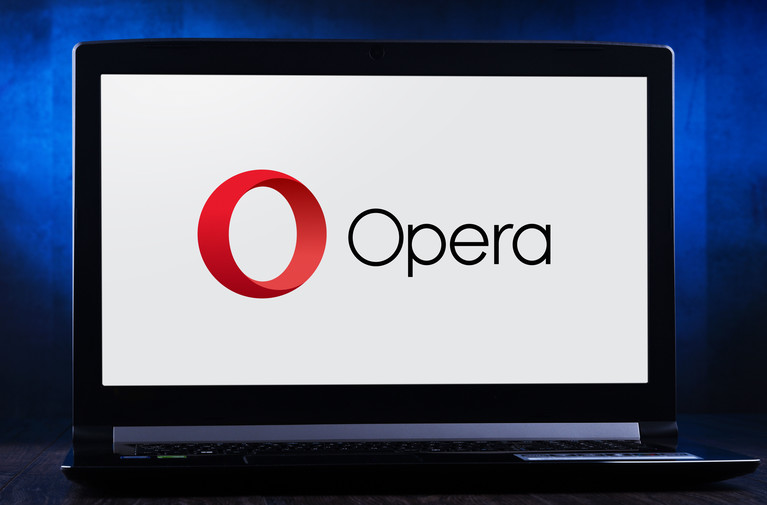Microsoft Faces Antitrust Complaint in Brazil Over Web Browser Practices
BRUSSELS, August 2, 2025 – Microsoft is under scrutiny in Brazil following a formal antitrust complaint filed by Norwegian browser developer Opera with the country’s Administrative Council for Economic Defense (CADE). The complaint, lodged on July 29, 2025, accuses Microsoft of leveraging its dominant Windows operating system to unfairly promote its Edge browser, stifling competition in the browser market. This marks the latest chapter in a long-standing rivalry between the two companies, echoing similar disputes from the early 2000s.
Opera alleges that Microsoft employs anti-competitive tactics, including pre-installing Edge as the default browser on all Windows devices and offering incentives to PC manufacturers to exclusively feature Edge. According to Opera’s general counsel, Aaron McParlan, “Microsoft thwarts browser competition on Windows at every turn. First, browsers like Opera are locked out of important preinstallation opportunities. And then Microsoft frustrates users’ ability to download and use alternative browsers.” The complaint also highlights Microsoft’s use of “dark patterns”—manipulative design tactics such as intrusive banners and prompts that discourage users from choosing rival browsers like Opera, Chrome, or Firefox.
In Brazil’s desktop browser market, as of June 2025, Google Chrome dominates with a 75% share, followed by Microsoft Edge at 11.52%, and Opera at 6.78%, according to StatCounter. Opera, which claims to be the third-most popular browser in Brazil, argues that Microsoft’s practices limit consumer choice and innovation, particularly in a market where it has a strong user base. The company is urging CADE to investigate and impose remedies, such as allowing PC manufacturers to preload alternative browsers, implementing a neutral browser choice screen during Windows setup, and banning manipulative design practices.
CADE has initiated an administrative inquiry and given Microsoft until August 15, 2025, to respond to the allegations, which also extend to Microsoft’s Windows licensing practices, Microsoft 365 software, and its Jumpstart AI program. This investigation aligns with Brazil’s growing role in global tech regulation, as CADE has recently scrutinized other tech giants like Apple for similar anti-competitive concerns.
This is not Opera’s first challenge against Microsoft. In 2007, Opera filed a complaint with the European Commission over Microsoft’s bundling of Internet Explorer with Windows, resulting in a €561 million ($648 million) fine in 2013. More recently, in July 2024, Opera challenged the European Commission’s decision to exempt Edge from the Digital Markets Act (DMA), a case still ongoing. Opera is also part of the Browser Choice Alliance, alongside Chrome, Vivaldi, Waterfox, and Wavebox, advocating for fair competition in the browser market.
Microsoft has not publicly responded to the Brazilian complaint, but the company has previously defended Edge’s integration as enhancing user experience and security. Critics, however, argue that these practices create barriers to entry for competitors, reinforcing Microsoft’s ecosystem dominance, especially as AI-driven features like Edge’s Copilot mode become more prominent.
The outcome of CADE’s investigation could have significant implications for Brazil’s tech market and beyond. A ruling in Opera’s favor might force Microsoft to alter its browser distribution strategies, potentially setting a precedent for other jurisdictions. As global regulators intensify scrutiny of Big Tech, this case underscores the ongoing battle for digital fairness and consumer choice in an increasingly AI-driven landscape.
Sources: Reuters, The Hindu, Engadget, Windows Forum
